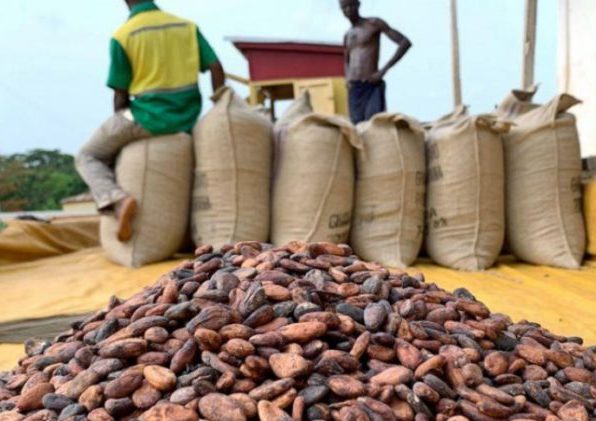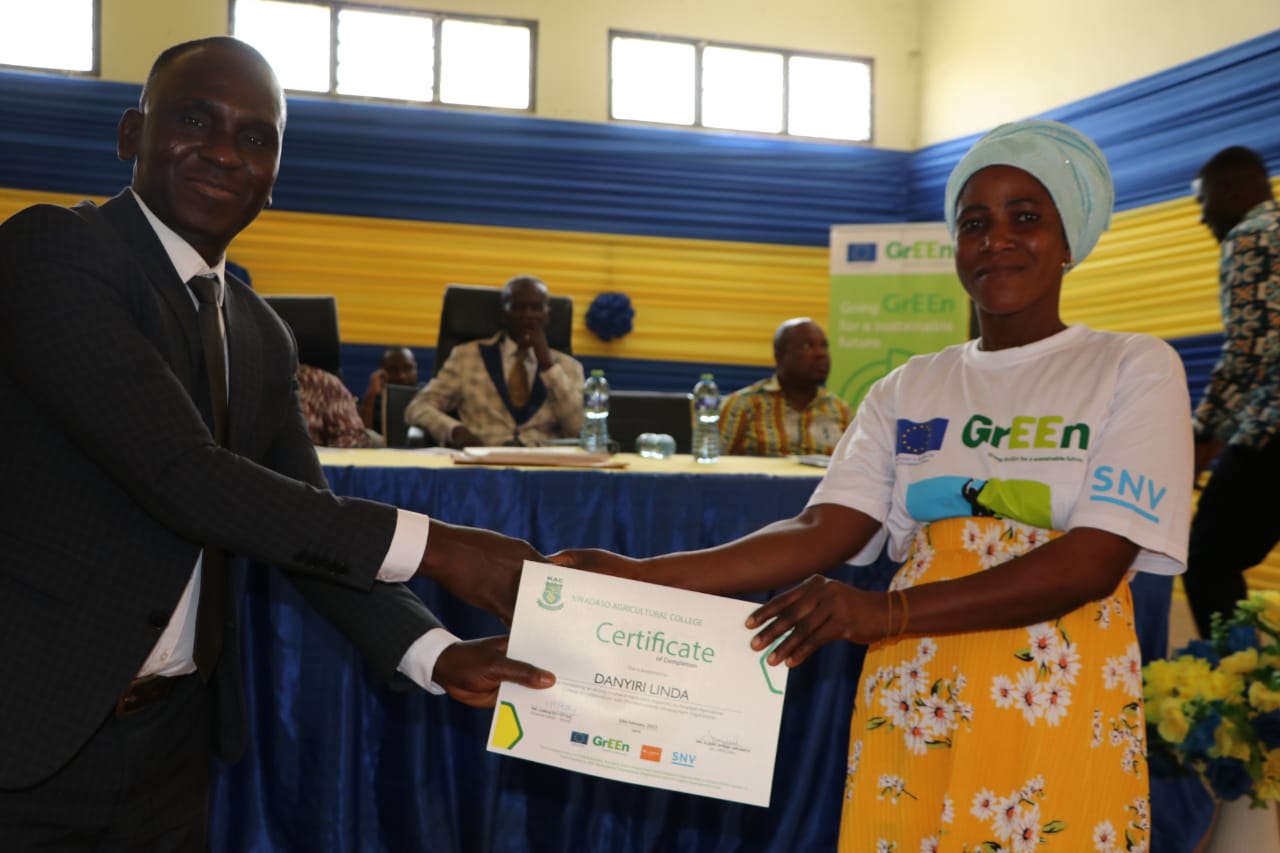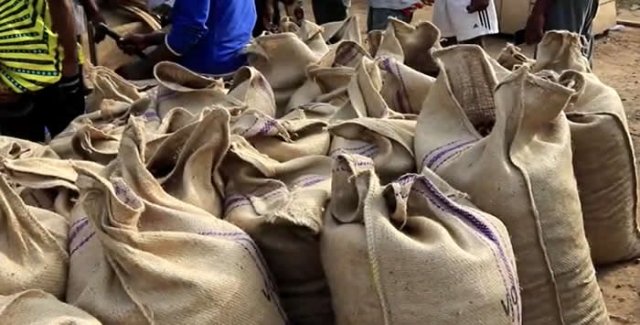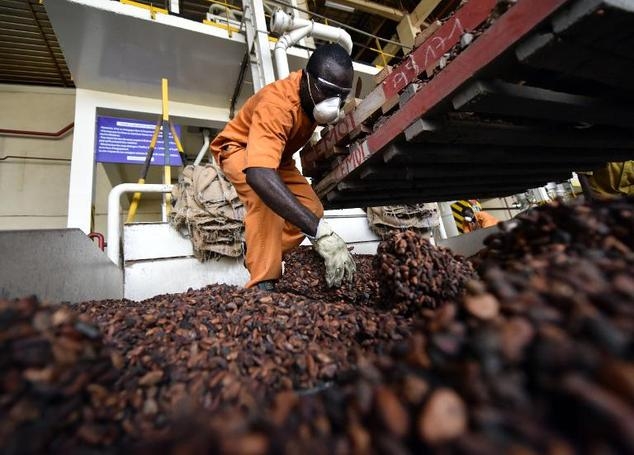Major cocoa pricing reform looms

A stakeholder workshop organised by the International Cocoa Organisation (ICCO) was held in Accra, where members discussed the feasibility study of establishing the African Cocoa Exchange (AfCX). The AfCX will consist of four African countries – Ghana, Cote d’Ivoire, Nigeria and Cameroon – which contribute significantly to the global cocoa market.
Joseph Boahen Aidoo, Chief Executive Officer (CEO) of the Ghana Cocoa Board, emphasised the importance of this initiative, stating that introduction of the AfCX would provide Africans with an opportunity to have a say in global cocoa prices.
“AfCX will give us opportunities to have a greater say in the markets. Currently, cocoa prices are determined in New York and London; but with markets in Accra, Lagos or Abidjan, we can have more influence. This can lead to price changes over the years, and boost our confidence in the New York market,” said Mr. Aidoo.
He highlighted the fact that Africa produces approximately 75 percent of the global cocoa crop but lacks influence in determining cocoa pricing, which is currently decided by consumers or importers. He expressed optimism that the AfCX would give Africa a stronger voice in the global market and potentially change cocoa prices in the long run, providing greater confidence for African producers to enter markets such as New York.
The idea of an AfCX was initially proposed by Ghana and Cote d’Ivoire through their joint cooperation on Cocoa known as the Ghana-Cote d’Ivoire cocoa initiative. In June 2020, the countries jointly requested investment funding from the African Development Bank to support this initiative.
Cocoa pricing is influenced by market forces, commodities exchanges, futures contracts and international agreements. The pricing mechanism significantly affects African cocoa producers – impacting their income, livelihoods, economic development, market-power and sustainability efforts. Enhancing the resilience and economic viability of African cocoa producers requires addressing price volatility, promoting value addition, supporting sustainable practices, and ensuring fair trade practices throughout the cocoa supply chain.
Mr. Aidoo stressed that a viable AfCX must address key issues such as transparency, pricing, liquidity, quality control, fair trade, sustainability and export promotion for both cocoa beans and processed products.
The workshop, which aims to explore a commodity exchange model suitable for Africa, is expected to provide valuable insights and perspectives that will shape the discussion and inform decisions for the collective interest of all stakeholders in the cocoa value chain.
The COCOBOD CEO highlighted the importance of thoroughly examining market conditions, key actors, nature of the value chain, and macroeconomic conditions of the host country in establishing a successful commodity exchange.
Michel Arrion, Executive Director of ICCO, stated that determination of cocoa prices by the international market prevents farmers from earning a decent living income, which is crucial for the sector’s long-term sustainability.
Drawing on the Ghana Commodity Exchange (GCX) experience, the Minister for Food and Agriculture, Bryan Acheampong, expressed confidence of Ghana’s ability to contribute significantly in designing and operationalising the AfCX.
Mr. Acheampong highlighted the GCX’s success in creating a reliable and stable market for farmers, as well as generating high-skilled jobs such as commodity brokers, data analysts, risk managers, business advisors and credit officers.
The establishment of an African Cocoa Exchange holds the potential to empower African cocoa producers, increase their influence in global cocoa pricing, and foster sustainable development in the cocoa sector.
Source: thebftonline.com





